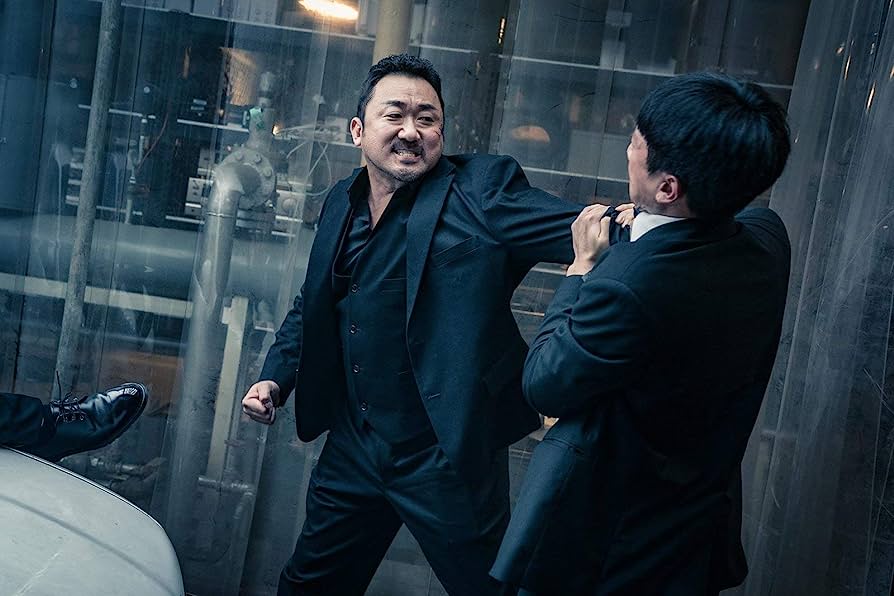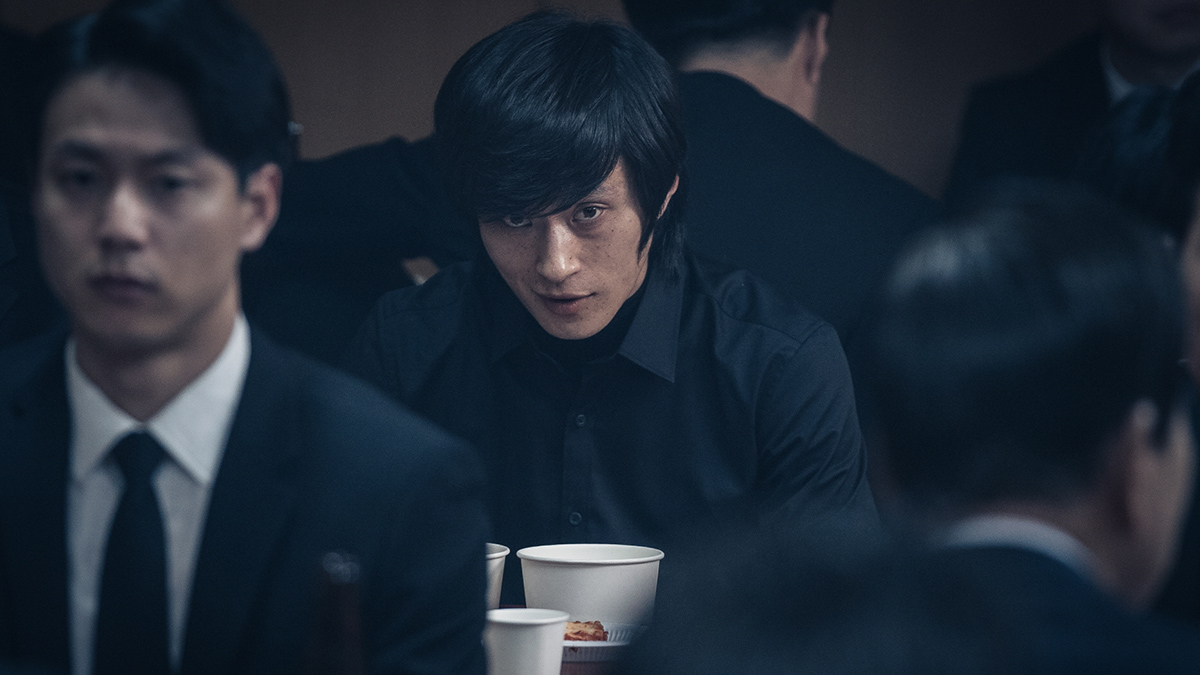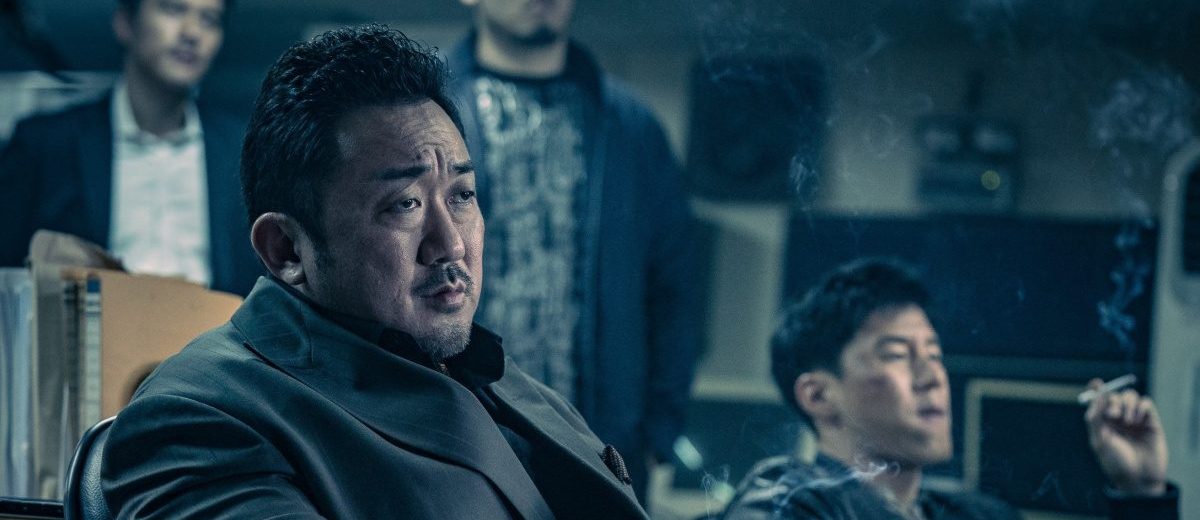‘The Gangster, the Cop, the Devil’ is a South Korean mystery thriller film that revolves around the murder of the residents of Cheonan. Though Detective Jung Tae-suk has been conducting his own investigation into the random deaths in the city on his own, nobody in the police department believes him when he says that it might be the work of a serial killer. Left with no resources to continue the investigation, Tae-suk turns towards Jang Dong-su, a gang leader who had a run-in with the serial killer himself one night and is now looking for revenge.
The two of them join hands with the condition that whoever finds the killer first gets to mete out their own brand of justice. Directed by Lee Won-tae, the 2019 film features the talents of Ma Dong-seok, Kim Mu-yeol, and Kim Sung-kyu in the lead roles. There have been many films in the past about serial killers that are based on true events. But is ‘The Gangster, the Cop, the Devil’ one such story? Read on and find out!
The Gangster, the Cop, the Devil: Inspired by a Real Serial Killer’s Rampage
‘The Gangster, the Cop, the Devil’ is a true story. According to the filmmakers, the screenplay – written by director Lee Won-tae himself – is loosely based on a true crime. However, no further information beyond this was ever given about which real-life killer the film is based on. But while no official claims exist, the film’s storyline does match up with the gruesome murders committed by one man in the early 2000s and his subsequent arrest and conviction. The serial killings took place over the course of nearly one year before the culprit, Yoo Young-chul, was finally arrested in July 2004.

Young-chul’s targets were mainly elderly women and masseuses. During the police’s interrogation, Yoo Young-chul initially admitted to killing 19 individuals between September 2003 to July 2004. But soon afterward, the serial killer told the police that he had killed 26 people in total. When the police had started investigating the murders much more fiercely, Yoo had apparently kept a low profile and stayed at a hotel, where he would call masseuses, kill them, dismember their bodies, and scatter their remains on nearby hills. All of this took place in March 2004, two months before his arrest.
Yoo Young-chul’s atrocities didn’t stop at simply murder, however – the killer also confessed to eating the internal organs of some of his victims. Though the number of victims is quite high by the serial killer’s own confession, Yoo was only convicted of 20 of these deaths and given the death penalty in June 2005. Many aspects of the actual case and the film’s storyline match up quite perfectly with each other. This includes the fact that while Yoo Young-chul did mainly target women, they weren’t his only target.
The method of killing and disposing of the bodies was quite varied as well, while most recorded serial killers have a singular MO that they stick to. All these facts are reflected in ‘The Gangster, the Cop, the Devil’ through Kang Kyung-ho’s, who is dubbed as “K” by the media in the film, actions. Kim Sung-kyu, who portrays the serial killer on screen, even spoke about this erratic pattern that his character follows in an interview. “K doesn’t have any rules about evidence, leaving traces, and choosing his targets, he is unsystematic and just kills anyone. Later on, he isn’t afraid but actually enjoys being chased.”
Aside from this, another aspect that the film utilizes very clearly from the actual investigation is the fact that, much like in the film, the police weren’t the ones to catch Yoo Young-chul. It was the owner of the masseuse parlor that informed the police about her employers going missing one by one. The owner then set a trap for the killer and managed to nab him with some of their own men, while the police retreated away from the location believing that Yoo Young-chul might show up.

While no amount of creative storytelling can ever do justice to the pain inflicted by Yoo Young-chul on his victims and their loved ones, ‘The Gangster, the Cop, the Devil’ does bring to light a fraction of his heinousness on screen. The film’s conclusion, though different from what happened in real life, is quite satisfying to watch and brings a sense of closure to the audience that only the victim’s families could have felt after the original verdict.
Read More: Best Murder Mysteries on HBO Max


You must be logged in to post a comment.